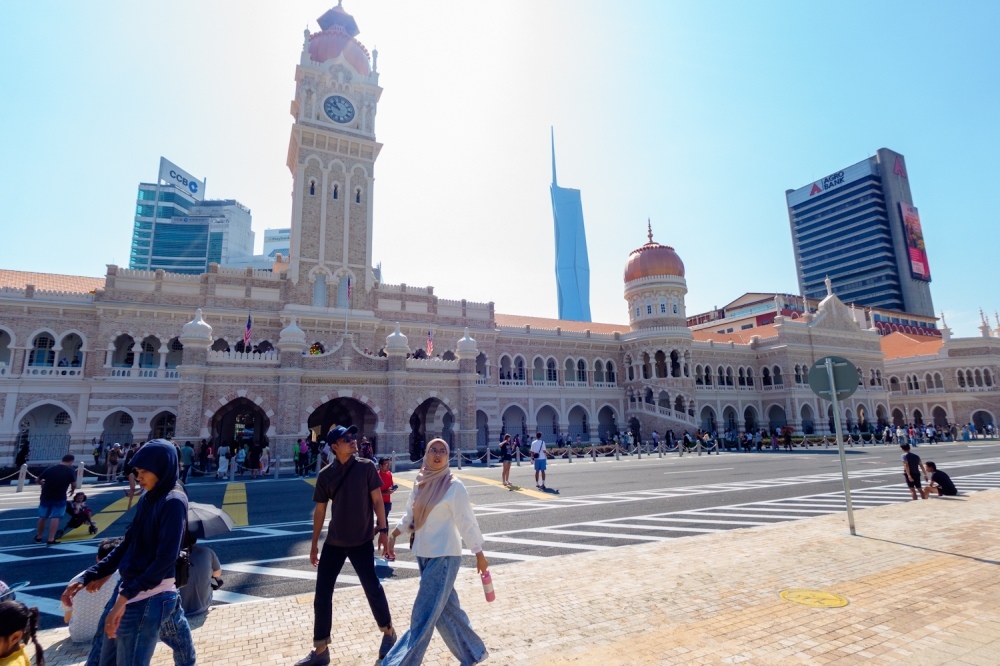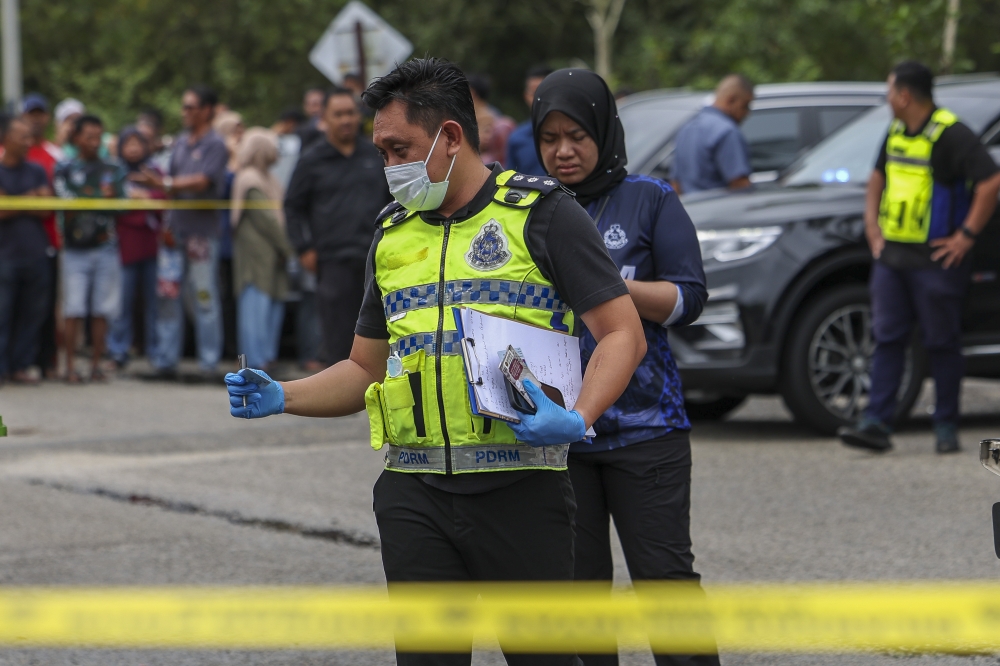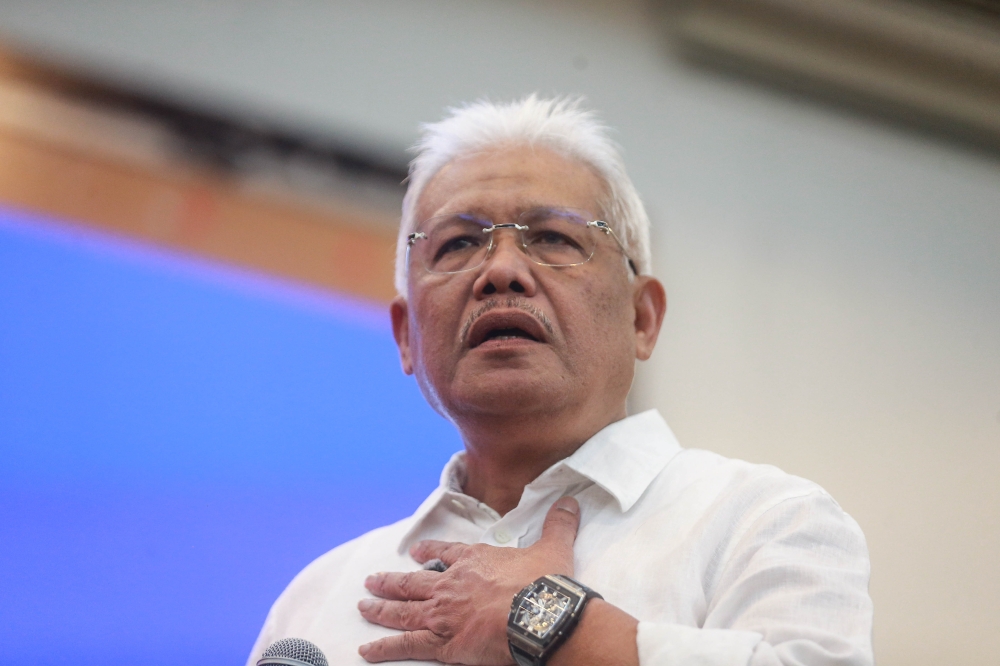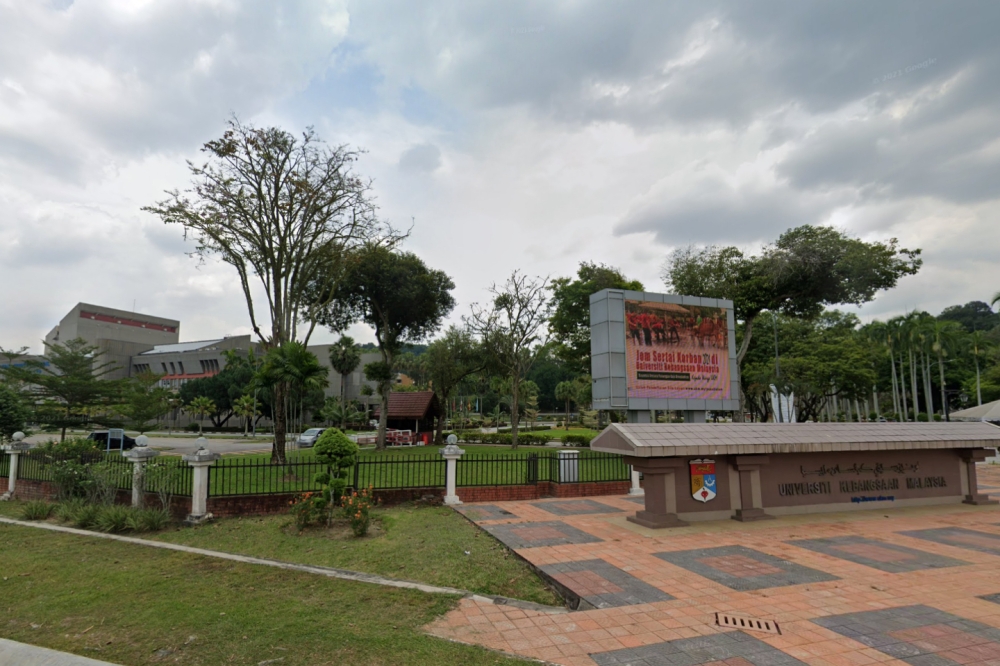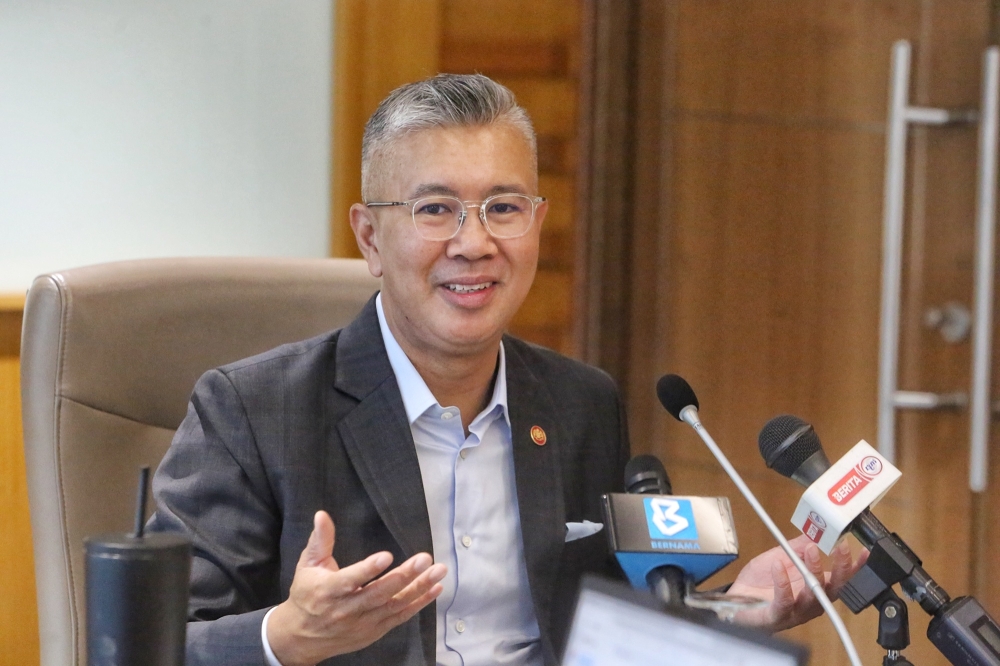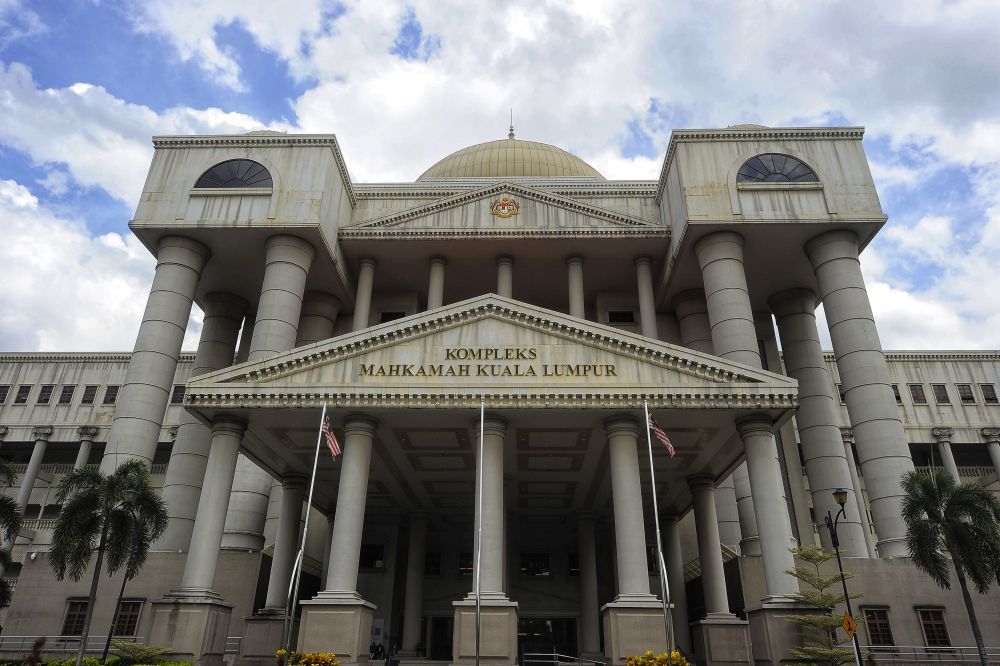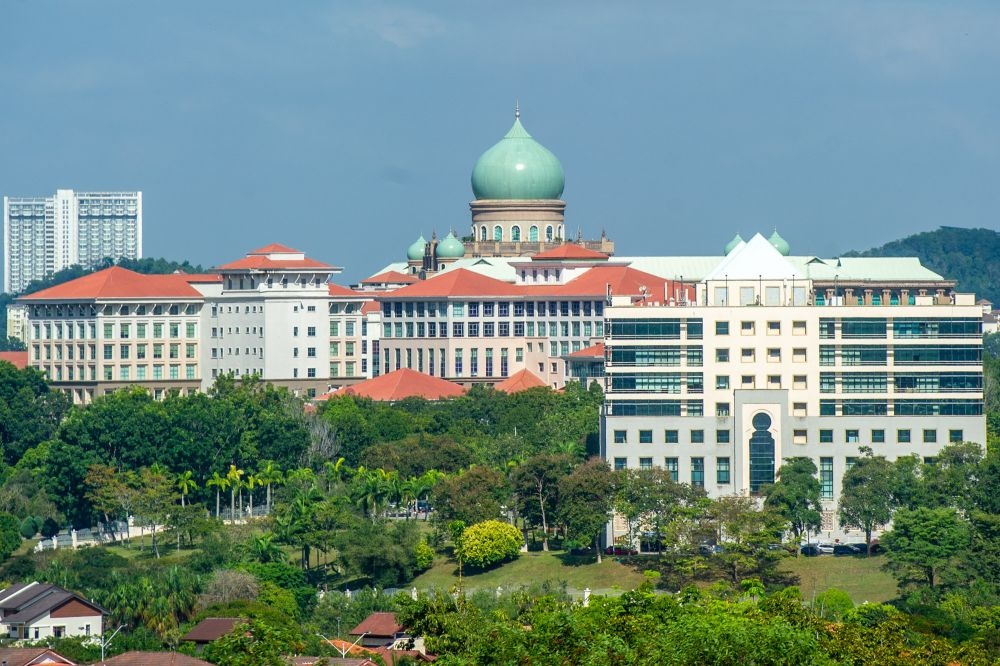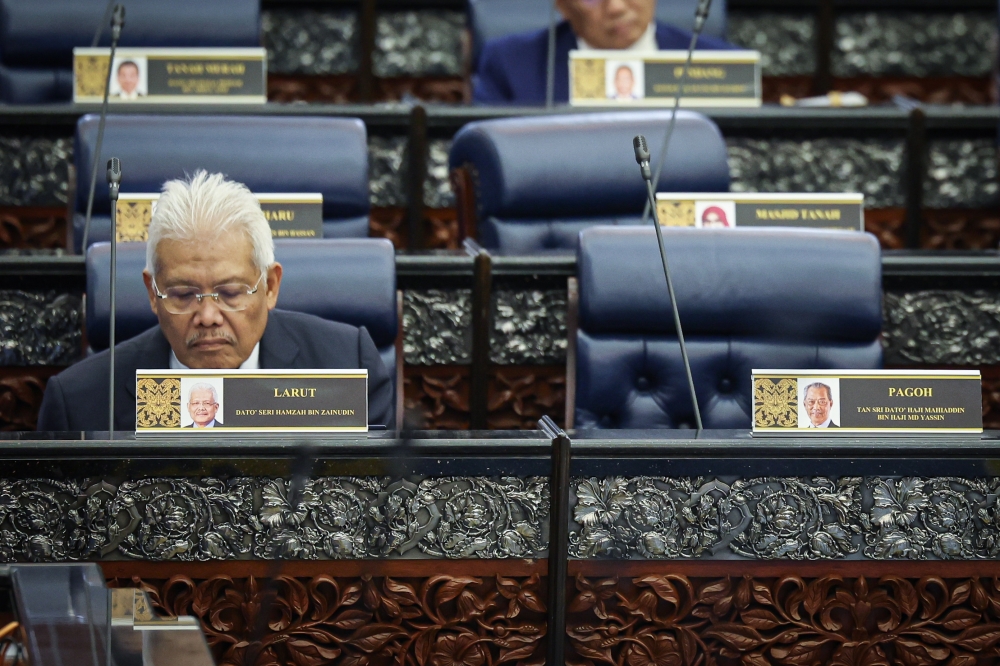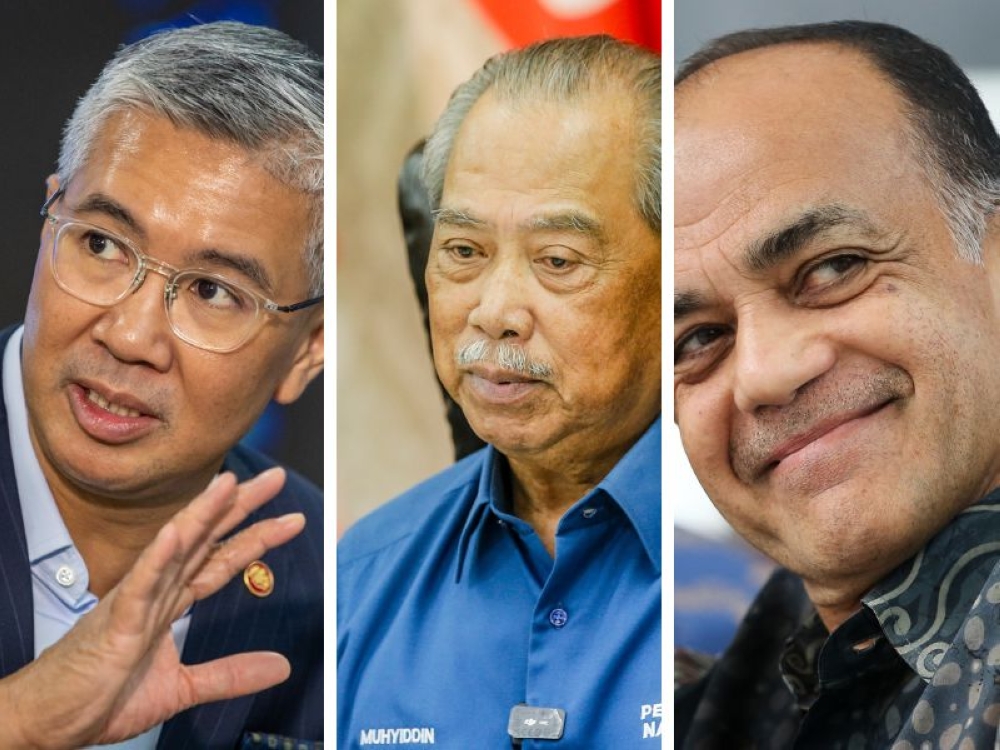KUALA LUMPUR, Dec 28 — The Malaysian CSO-SDG Alliance has called on the government to expedite the National Action Plan on Business and Human Rights (NAPBHR) to encourage firms to implement mandatory reporting on the environmental impact of their activities.
It said the NAPBHR can effectively address environmental issues in Malaysia and enhance governance as stakeholders may engage with businesses by utilising the transparency afforded by mandatory reporting.
“The government should expedite the NAPBHR to meaningfully implement the United Nations Guiding Principles on Business and Human Rights (UNGP),” the Malaysian CSO-SDG Alliance said in their Policy Brief for 2023.
Moreover, the NAPBHR may also address the enduring issue of poverty by encouraging the promotion of sustainable supply chains, it added.
“For example, sustainably sourcing from smallholders in marginalised communities provides them with economic opportunities and improves their standard of living,” the policy brief stated.
In 2021, then-minister in the Prime Minister’s Department (Parliament and Law) Datuk Seri Wan Junaidi Tuanku Jaafar said the government was on track in drafting the NAPBHR and it would be launched in 2023.
The former law minister said in 2021 that the NAPBHR would focus on three thematic areas — labour, environment and governance — and would use the UNGP as a guideline.
The UNGP is a normative framework guiding responsible business conduct and addressing human rights abuses in business operations and global supply chains.
The Malaysian CSO-SDG Alliance is a network of civil society organisations (“CSOs”), non-governmental organisations, think tanks, academic institutions, and social enterprises all over Malaysia whose work relates to the United Nations Sustainable Development Goals (“SDGs”).
The Malaysian CSO-SDG Alliance is a member of the National SDG Steering Committee and chairs the CSO Working Group of the SDG Technical Committee, formed by the Ministry of Economy in 2016.
The contents of the policy brief were shared in a forum which saw 140 attendees, which included 114 contributors with experience in education and training, environment and sustainability, gender, governance, health, indigenous peoples, poverty and social wellbeing.

